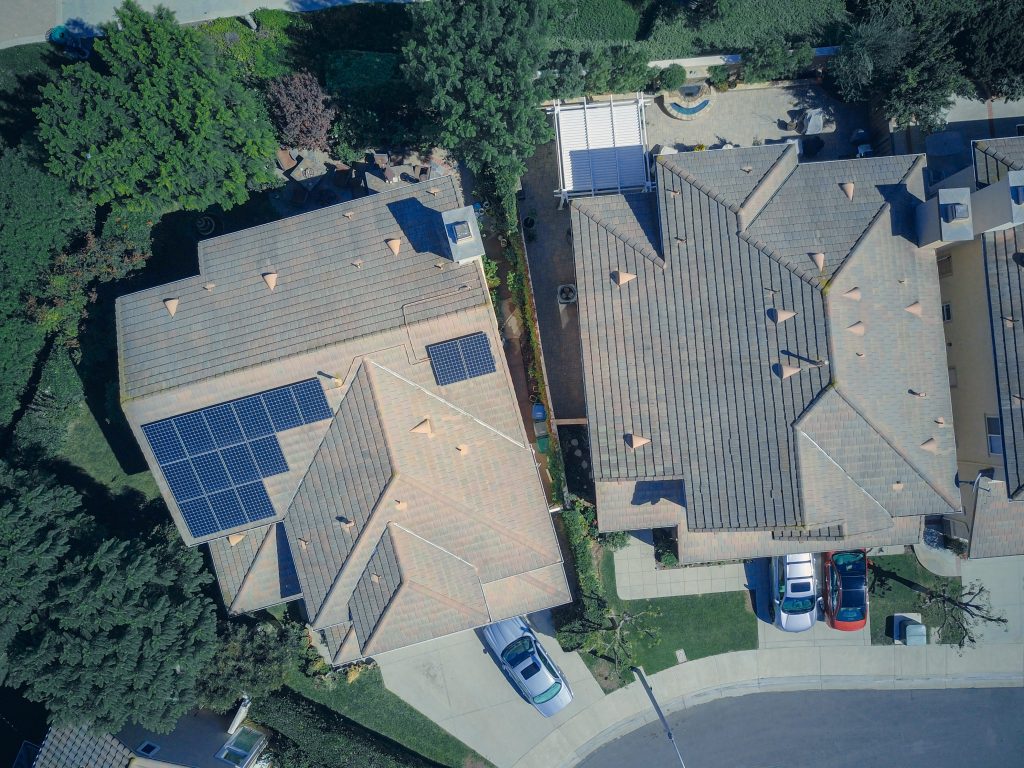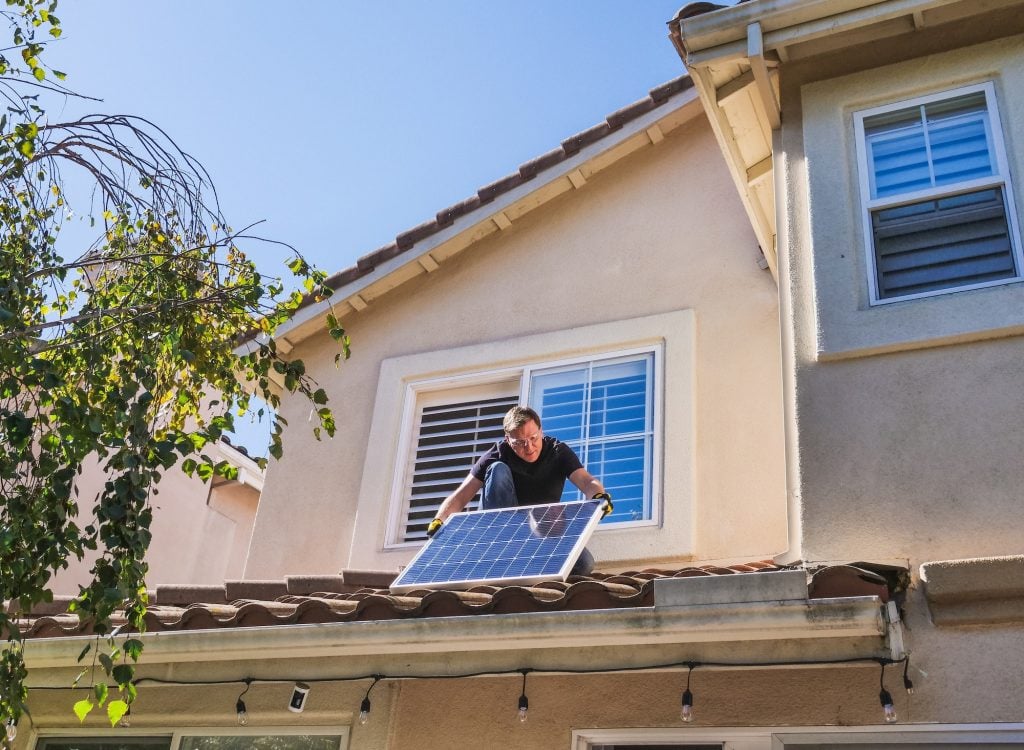The whole concept of solar panels is great. You install them on your home and decrease your home’s impact on the environment. You bank your own electricity, which is useful when a storm knocks out the local grid, and you greatly reduce, maybe even eliminate, your electrical bill. Plus, if you purchase the solar panels, you can qualify for tax credits. However, it’s important to understand that solar panels can sometimes negatively affect the sale of a home. Once you know the challenges you may face, you can choose if they are something you are willing to navigate.
1. Solar Debt Can Put You “Upside Down”
The vast majority of homeowners cannot afford to purchase solar panel systems outright. The average cost is $15,000 to $25,000. One option is to take out a personal loan or a home equity loan. These take an average of 9-12 years to pay off and oftentimes require a lien to be placed on the home. If you decide to sell the home, the loan will need to be repaid.
Most people who choose to install solar panels plan to be in the home long-term; however, life can have unexpected changes and you may find yourself needing to sell your home. While a study conducted by Zillow in 2019 showed that homes with solar panels sold on average for 4.1% more than other homes, the results varied widely by market. So, unless your home is paid off or you’re able to purchase the solar panels outright, it’s not guaranteed that a home will sell for enough money to cover an existing mortgage balance and a loan for solar panels. That means you, as the seller, would be responsible for the difference, unless the buyer wants to assume the additional debt.
2. Lease Contracts are Limiting
Some solar panel companies offer lease options that cover the equipment. They can cost between $50 and $250 per month. Many will allow home buyers to take over the lease contract, but they require preapproval by the company. They will check the buyer’s credit and may also require a down payment. These requirements vary from company to company, so it’s important to make the lease requirements apparent when the home is listed for sale.
Unfortunately, buyers may qualify for a home loan but not for taking over a solar lease if their credit is less than stellar. Leasing can also make the new homeowners ineligible for government tax credits, because they don’t technically own the equipment. One way to fix this is for the buyers to purchase the equipment. There may be “green” home loans available at the time of purchase that will cover the costs of the home and solar panels.
3. Solar Panels Should Not Be Removed
After investing a lot of money in solar panels, you may be tempted to take them with you to your new home. Once solar panels are installed, they shouldn’t be removed. Doing so could damage the roof or the equipment. It’s why removing the panels if the buyer can’t qualify to take over the lease isn’t a great idea either. So, once you have them, you’re committed to either maintaining them or paying for their removal and a roof repair.
4. Buyer Hesitation Can Be a Hindrance
Most of the people in the market to purchase will not be experienced solar panel owners, so you will likely face some misconceptions about them. Some buyers will be open to learning but others will be hesitant to take the leap. This could eliminate a large pool of potential offers. The best way to counteract this is to be forthcoming with the details of your lease, maintenance, costs, etc. Be ready to educate, in addition to marketing your home.
If you currently find yourself in the position of selling a home with solar panels, make sure you hire a real estate agent who is willing to help you through the additional negotiations that come with transferring the ownership or lease of a solar panel system. This will need to be done outside of the typical purchase contract, so it may be in your best interest to hire an agent with experience





